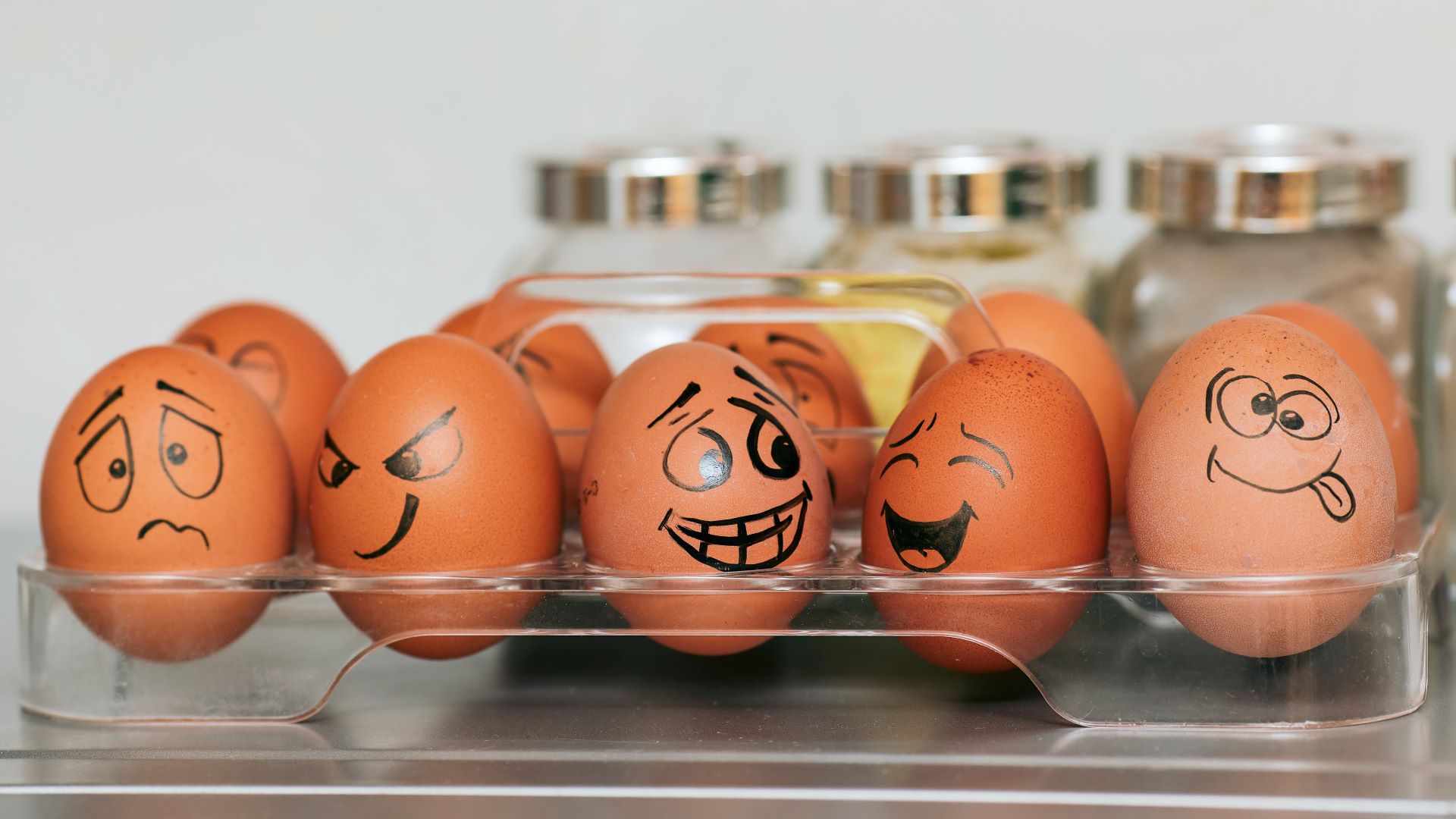Eggs are currently in short supply, with shops and supermarkets limiting their sales. The main cause of this shortage has been blamed on the avian (bird) flu which has risen to a record number of cases. However, egg producers are also reporting that the egg shortage is due to the unprecedented level of inflation and spiralling costs driven by global events.
Those following a vegan lifestyle and people who follow some religions, such as Hinduism and Jainism do not eat eggs as they are not viewed as strictly vegetarian. So there are already plenty of egg alternatives out there.
When it comes to egg replacements, there does need to be some consideration as to whether the substitute has the same moisture, protein and fats as an egg. It also needs to be able to support the other ingredients without overpowering them to maintain the taste. So what are the options?
Pureed fruit
As eggs are key in providing structure, leavening, richness, colour and flavour to baked products they are central to most recipes. But pureed fruits can be particularly good substitutes in baking cakes, muffins, brownies and quick breads.
Fruits such as unsweetened apple sauce, banana, pumpkin and avocado are the most popular examples. Though some care needs to be taken if using bananas as they can have a distinct flavour within cooking. Fruits are an excellent source of essential vitamins and minerals as well as being high in fibre. They also include a wide range of antioxidants which can lower your odds of some diseases.
Flaxseed and Chia seeds
Flaxseed and Chia seeds are highly nutritious egg alternatives – high in omega-3 fatty acids, fibre and other unique plant compounds, including high levels of antioxidants.
Flaxseed comes from the flowering flax plant, which originates from Egypt. Similarly, Chia seeds are the edible seeds of a flowering plant from the mint family. The plant originates from Central and South America. As an ingredient, the seeds are very versatile because they can absorb liquid and form a gel-like substance – making them a perfect egg replacement.
The seeds of both can either be ground at home or bought as a ready-made seed meal. When mixed with water, the paste can then be used for making pancakes, waffles, muffins, breads and cookies. These seeds may have a slightly nutty flavour when used in recipes.
Tofu
Tofu is an ideal egg substitute as it’s an excellent source of protein, vitamins and minerals including calcium, iron, manganese, zinc, selenium, phosphorous and B vitamins which can protect against illnesses such as heart disease, diabetes and some cancers. It also promotes brain and bone health.
Silken tofu is a relatively flavourless food with a high-water content leading to a softer consistency in baking. While scrambled tofu is an excellent substitute for those who want to still feel they are eating eggs on their own.
Aquafaba
Aquafaba is the liquid left over from cooked chickpeas and is an ideal substitute for binding. It can also be whipped into stiff peaks and used to make meringues, macaroons, waffles and mayonnaise.
Although you would only use the liquid for the egg substitute do not throw the chickpeas away as these are a rich source of protein, vitamins, minerals and fibre.
Final tips
You could also try vinegar and baking soda, when mixed together they create a chemical reaction producing carbon dioxide and water. This added instead of an egg can work especially well in baked goods that are meant to be light and airy such as cakes and quick breads.
Both yoghurt and buttermilk are also good substitutes for eggs, but again use plain versions to avoid flavouring your cooking. These work well in muffins and cakes. You could also use chickpea flour and water to create pancakes, quiches and in baking.
As Christmas is fast approaching and festive baking needs to be completed an alternative to those all-important eggs needs to be considered. So don’t despair if you can’t get your hands on any as there are plenty of options. But you may want to experiment first with the various substitutes to find what works best with your recipes.
This article is republished from The Conversation under a Creative Commons license. Read the original article.
December 2, 2022



